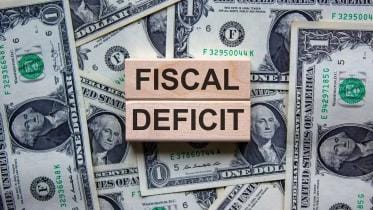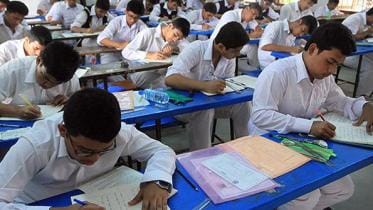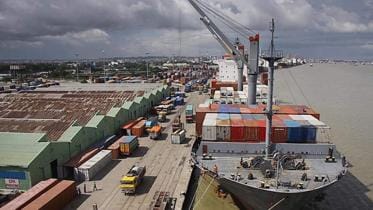fiscal year
Challenges remain despite drastic cuts in customs duty
Over the years, the government has significantly eased customs duties to facilitate local industries but a lot of challenges still exist, said Zaved Akhtar, chief executive officer and managing director of Unilever Bangladesh Ltd.
25 June 2023, 02:30 AM
Duty hike to destabilise elevator, escalator market
The Bangladesh Elevator Escalators and Lift Importers Association (BEELIA) yesterday demanded the withdrawal of the proposed duty on imports of elevators and escalators in the national budget for fiscal year (FY) 2023-24.
14 June 2023, 18:00 PM
State enterprises may see higher losses next fiscal year
State-owned enterprises (SOEs) in Bangladesh will likely incur collective losses of Tk 14,703 crore in the coming fiscal year, according to the finance ministry.
4 June 2023, 02:30 AM
Reining in inflation top priority
The government is going to unveil a Tk 7,61,785 crore budget for the next fiscal year on Thursday, setting containment of high inflation as a major target.
29 May 2023, 01:00 AM
Govt keeps borrowing big amounts from BB
The government has kept borrowing a hefty amount of funds from the Bangladesh Bank as commercial banks are unable to meet the financing requirement of the state because of the liquidity crunch.
18 May 2023, 02:30 AM
Financial account deficit goes past $2b
The deficit in Bangladesh’s financial account widened further in the first nine months of the ongoing fiscal year, an indication that the current instability in the foreign exchange market will continue in the coming months.
11 May 2023, 02:30 AM
Balance of payments deficit to go thru the roof this fiscal year
Bangladesh’s balance of payments (BoP) deficit would widen massively in the current fiscal year than the central bank had earlier projected owing to escalated imports, lower remittances and export receipts, and higher accumulation of debts.
19 January 2023, 03:00 AM
Here’s what the 2022-23 budget must address
The national budget for the next fiscal year will be the third since the start of the Covid-19 crisis in March 2020. Can we expect it to address the current realities, contexts and challenges of Bangladesh?
6 May 2022, 18:00 PM
ADB projects 7pc GDP growth for FY18
The Asian Development Bank projects 7 percent economic growth for Bangladesh for the current fiscal year, much below than the government’s provisional estimate of 7.65 percent.
11 April 2018, 09:55 AM
Meeting the revenue target
The government's focus on mega projects, skills development and job creation are commendable.
3 June 2016, 18:00 PM
Allocation for education: Muhith proposes 32% increase
The government has proposed raising allocation in the education sector by 32 percent to Tk 49,009 crore in the next fiscal year compared to the allocation in the outgoing FY.
2 June 2016, 10:23 AM
Japan relapses into recession in July-Sept, blow to Abenomics
Japan's economy slid back into recession in July-September as uncertainty over the overseas outlook hurt business investment.
16 November 2015, 05:46 AM
Bangladesh’s exports rise to $31.2b
Exports rise by 3.35 percent to $31.2 billion in the just concluded fiscal year, a senior Bangladesh Bank official told The Daily Star.
6 July 2015, 12:46 PM
The new pay scale: Unfounded fear of inflation?
WHO does not like a pay increase? The new pay scale - the proposed increase in the salary of government employees - is likely to be implemented in the upcoming fiscal year beginning from next July.
28 May 2015, 18:00 PM














